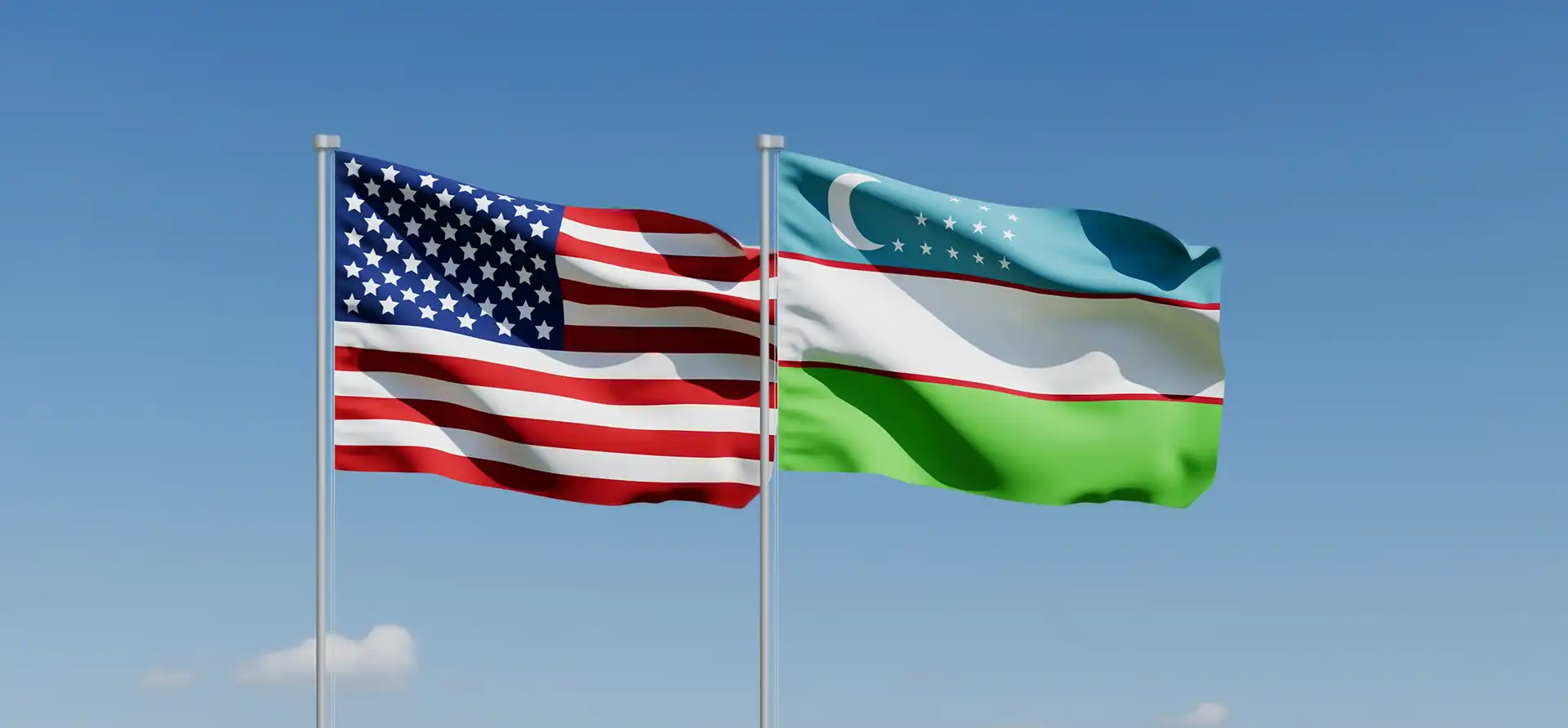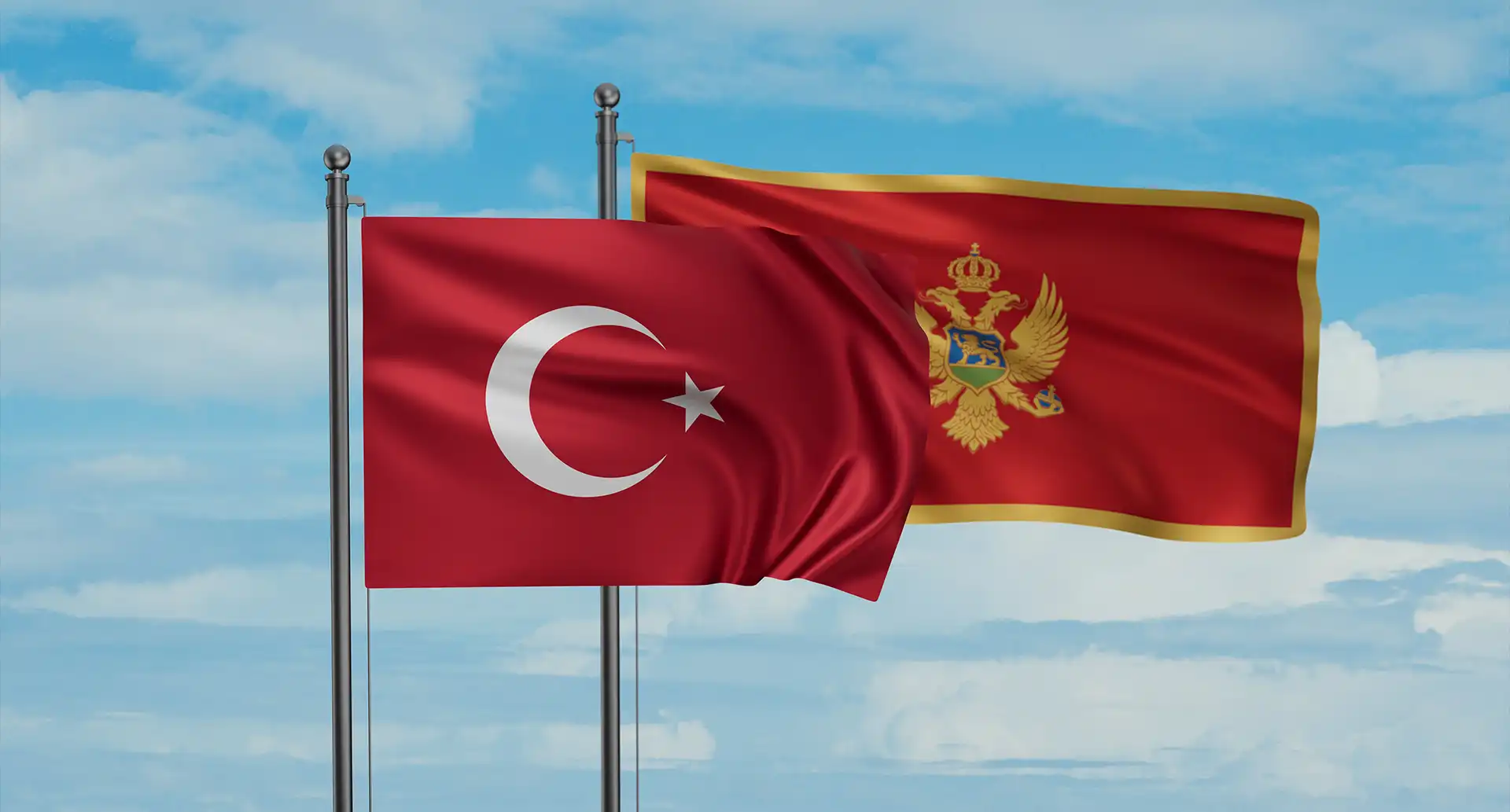

Niger
Niger passport ranking
The Nigerien passport is currently ranked 82nd place on the Guide Passport Index. It is considered to be on the lower end of Passport Rankings in the world. Nigerien passport holders have visa-free access to only 53 destinations including Singapore, Ghana, and Dominica. There are 176 destinations for which a Nigerien passport holder requires to obtain a visa prior to traveling. That is the reason why the Passport Ranking is low on the overall worldwide mobility score. For major destinations such as USA and the European Union, Nigeriens require to apply for a visa in advance. Visa applicants need to present documents such as proof of funds and return flight ticket.
Niger Passport Ranking
The Niger passport ranking relative to other global passports is calculated by adding up the number of countries that allow Niger passport holders to enter without a visa (i.e. visa-free countries) and those that allow Niger passport holders to enter by obtaining a visa on arrival (i.e. visa-on-arrival countries) or an electronic travel authorization (eTA). There are currently a total of 31 Niger passport visa-free countries, 21 Niger visa-on-arrival countries, and 1 eTA destinations.
Altogether, Niger passport holders can enter a total of 53 destinations—either without a visa, through a visa on arrival, or via an eTA. As a result, the Niger passport ranks 82 in the world.
Separate from these Niger visa-free countries and visa-on-arrival countries, there are 176 additional destinations which Niger passport holders either need a physical visa to enter or an eVisa (i.e. visa required countries).
About Niger
The landlocked Republic of the Niger is a former French colony, consisting of 7 regions. It is located in Western Africa. The nation borders Chad, Nigeria, Benin, Burkina Faso, Mali, Algeria and Libya. The most significant regions are Zinder, Maradi and Tahoua. The country has a total surface area of 1,167,000 square kilometers. The land is dominated by sand dunes and desert plains with some hills in the north. Its climate is the desert type and mostly hot and dry.
The overall population is over 22.4 million people making it the 20th largest country in Africa in terms of population. The capital of the country is Niamey. It is also the most populous city with over 1 million inhabitants. The largest airport is Diori Hamani International Airport (NIM) with an approximate yearly passenger traffic of 170,000 people. The airport is named after the first president of Niger: Hamani Diori. It provides connections to African and French destinations.
Nigerien culture is dominated by tribal and colonial influences. Out of the total population 99% is Muslim. The official language is French. The legal system is a mix between the French civil law, Islamic sharia law and the customary law. The government form is a semi-presidential republic. The current chief of state is President Transitional President – Abdourahamane Tchiani. The head of government is Prime Minister Ali Lamine Zeine.
The official currency of the country is West African CFA franc (XOF) with the current exchange rate being XOF 617 to the USD. The country has an open economy, generating a GDP of approximately $23.4 billion. The per capita income is $1,213. The largest portion of the GDP is generated by the services sector and agriculture. Agriculture contributes to over 40% of the country’s GDP. Other important export goods are uranium, gold, oil and cotton. Niger is planning to explore further mining sites in order to increase extraction output.
The country has many natural and culturally unique attractions for tourists to explore. It has three UNESCO world heritage sites scattered across the country. These sites range from secluded deserts to ancient cities. Some of the most visited tourist destinations are Zinder, the capital Niamey, Agadez, Ayorou, Abaaba National Park and Balleyarai. Due to ongoing security concerns and terrorist attacks in the Sahel a majority of governments advises their citizens not to travel to Niger at the moment.










































